Bac Ninh accelerates customs digital transformation to ease business procedures
Bac Ninh – Digital transformation is becoming a key driver for Bac Ninh province to enhance state management and attract foreign investment. In customs, pushing digitalisation lays the foundation for developing digital customs and moving towards smart customs. Recognising this, Customs Sub-department Region 5 is implementing multiple solutions to facilitate businesses while meeting operational demands in the new context.
Accompanying businesses
Customs Sub-department Region 5 manages state customs functions in Bac Ninh and Thai Nguyen provinces following their administrative merger. In recent years, the unit has consistently reformed management methods and administrative procedures to create favourable conditions for import-export enterprises, contributing to local economic growth.
.jpg) |
|
Leaders of Customs Sub-department Region 5 observe operations at Micro Commercial Co., Ltd in Yen Phong II Industrial Park. |
In early 2025, Customs Sub-department Region 5 organised working groups to meet directly with companies under its management. These sessions aimed to understand production and business activities, listen to difficulties and recommendations, and address obstacles related to customs procedures and policies. The unit has promptly resolved issues and proposed policy changes to higher authorities.
Global Import-Export Director ChangKyun Seo at Amkor Technology Vietnam, operating in Yen Phong II-C Industrial Park, said the company had received strong support from the province, departments, and especially customs authorities.
“Customs has actively supported us to ensure our factory construction and production proceeded on schedule. We hope to continue receiving assistance, especially in import-export activities,” he noted.
In the first half of 2025, import-export turnover under Customs Sub-department Region 5 management reached 99.91 billion USD, a rise of 18% year-on-year.
Bac Ninh province recorded 78.73 billion USD in total import-export turnover, including nearly 40 billion USD in exports, ranking second nationwide. State budget revenue totaled 6,192.5 billion VND, equaling 125% of the same period last year and achieving 60% of the 2025 target.
Pushing forward digitalisation
Alongside business support, digital transformation has been set as a top priority in 2025.
| In the first half of 2025, import-export turnover managed by Customs Sub-Department Region 5, covering Bac Ninh and Thai Nguyen provinces, reached 99.91 billion USD, up 18% year-on-year. Of this, Bac Ninh province recorded a total trade value of 78.73 billion USD. Exports accounted for nearly 40 billion USD, ranking second nationwide. State budget revenue collected reached 6.1925 trillion VND, equivalent to 125% of the same period last year and 60% of the annual target for 2025. |
The sub-department has implemented measures including digitizing records and professional documents, upgrading IT infrastructure, deploying modern management software, training officials in digital skills, and strengthening inter-agency coordination to ensure synchronization.
These efforts are expected to create breakthroughs in administrative reform, enhance service quality and build a modern, transparent and efficient customs sector.
According to Pham Chi Thanh, Head of Customs Sub-department Region 5, proactive administrative reforms and IT applications have streamlined customs procedures, making them more transparent and reducing clearance times, saving travel costs for organisations and businesses, and minimising negative practices.
“In the first half of the year, Bac Ninh alone attracted over 300 new enterprises for customs procedures, raising the number of regular customs users to nearly 6,000 companies,” he added.
To achieve these results, the unit has actively advised provincial authorities and closely coordinated with departments and agencies to promote import-export activities and boost state budget revenue.
Customs Sub-department Region 5 sets administrative reform goals based on practical needs, emphasising action alongside commitment, focusing on tangible and substantive results rather than formality.
Looking ahead, the sub-department plans to enhance online public services, expand e-payment methods, and develop smart customs models integrating artificial intelligence and big data to forecast trends and optimise resources. Training high-quality human resources remains a top priority to ensure officials can operate modernised systems effectively with a customer-centric mindset.
“Digital transformation is not only about technology but also about changing the mindset and working style of each customs officer,” Thanh stressed. “We are committed to building a smart, green customs system aligned with global trends to be a trustworthy partner for enterprises in Bac Ninh and Thai Nguyen.”
Customs Sub-department Region 5 aims to fulfil its 2025 budget revenue targets and consolidate its position as a core force in customs reform and modernisation, contributing to creating an open, transparent, and efficient trade environment.
This is not only a political requirement but also a demonstration of determination from leadership to each officer in building a modern, professional customs sector.
As Bac Ninh continues to assert itself as one of Vietnam’s top industrial hubs, the customs sector’s role in facilitating trade, streamlining processes, and maintaining strict but supportive management will be vital in realising provincial development goals and attracting quality foreign direct investment in the coming years.
 Bắc Ninh
Bắc Ninh

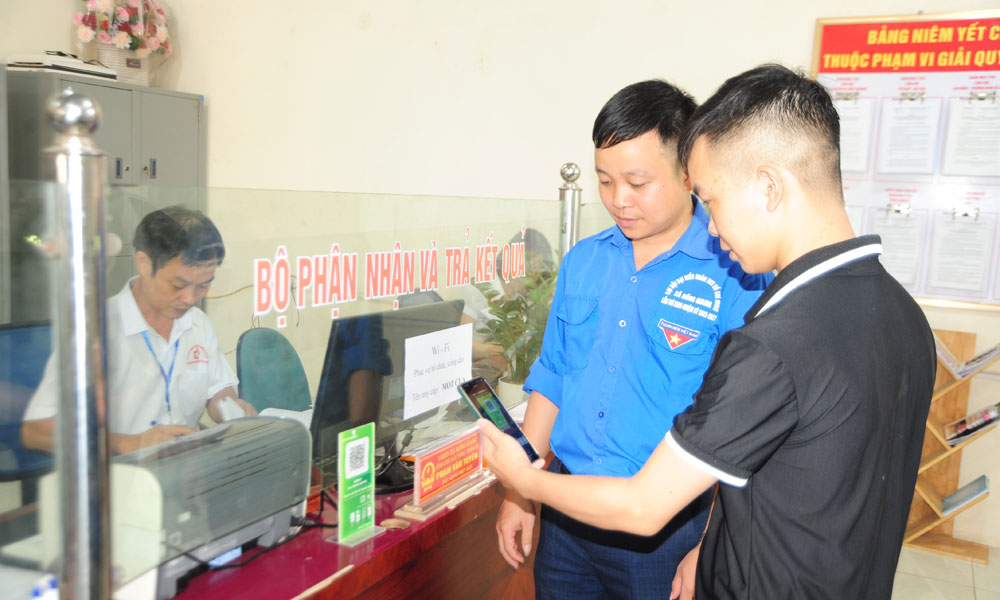
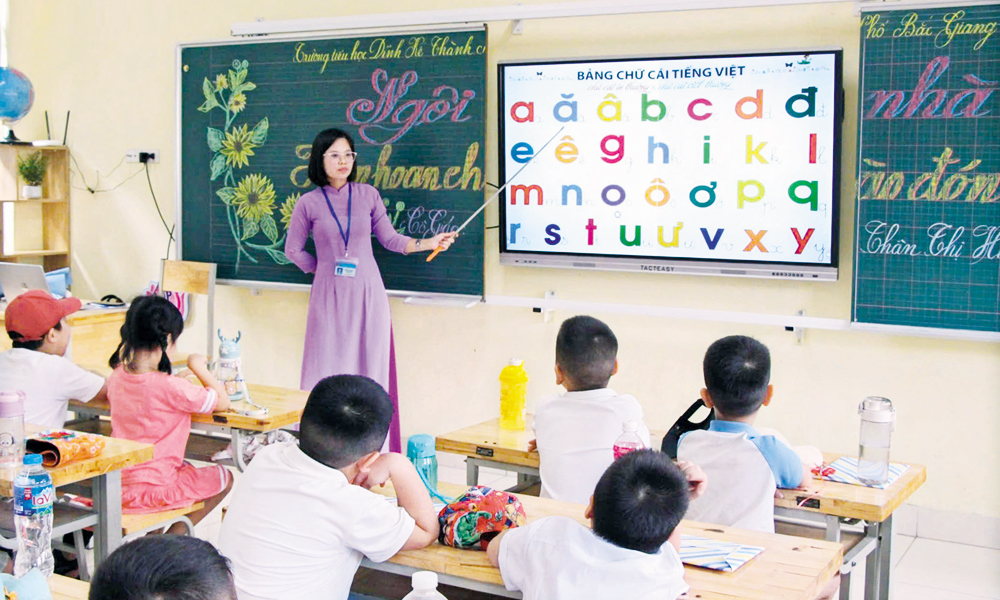

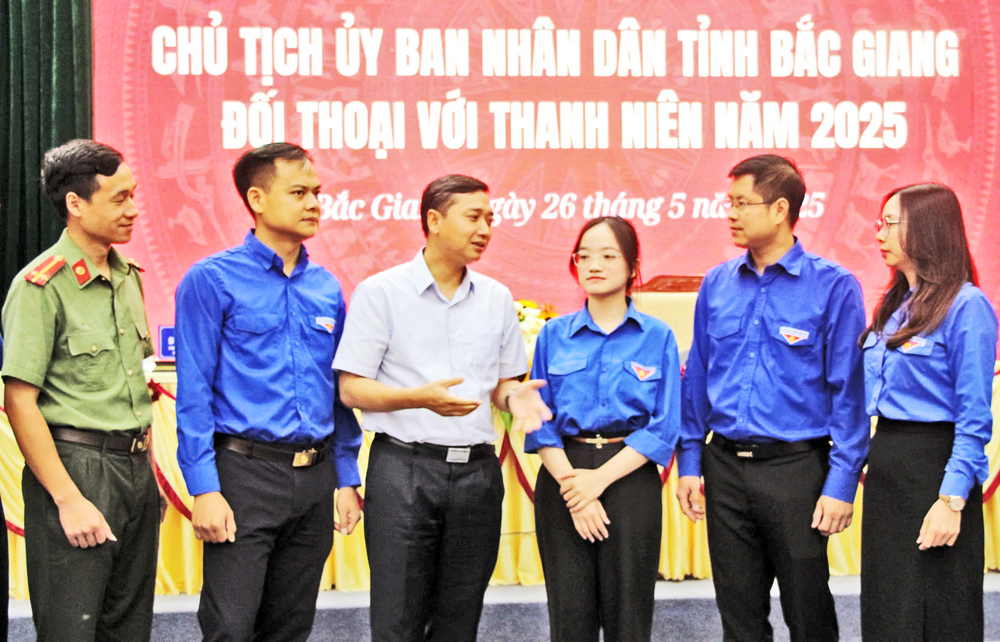



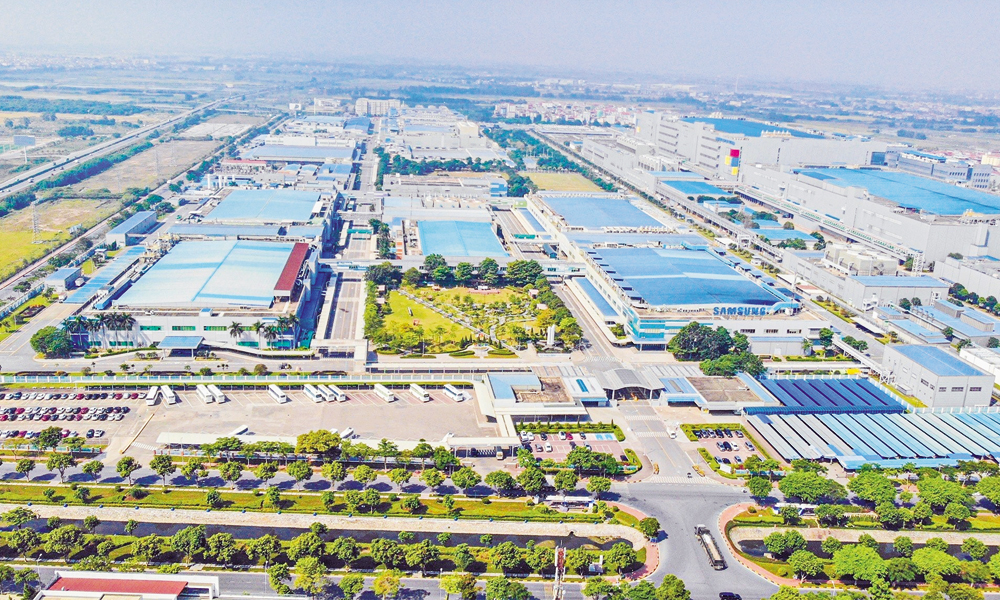

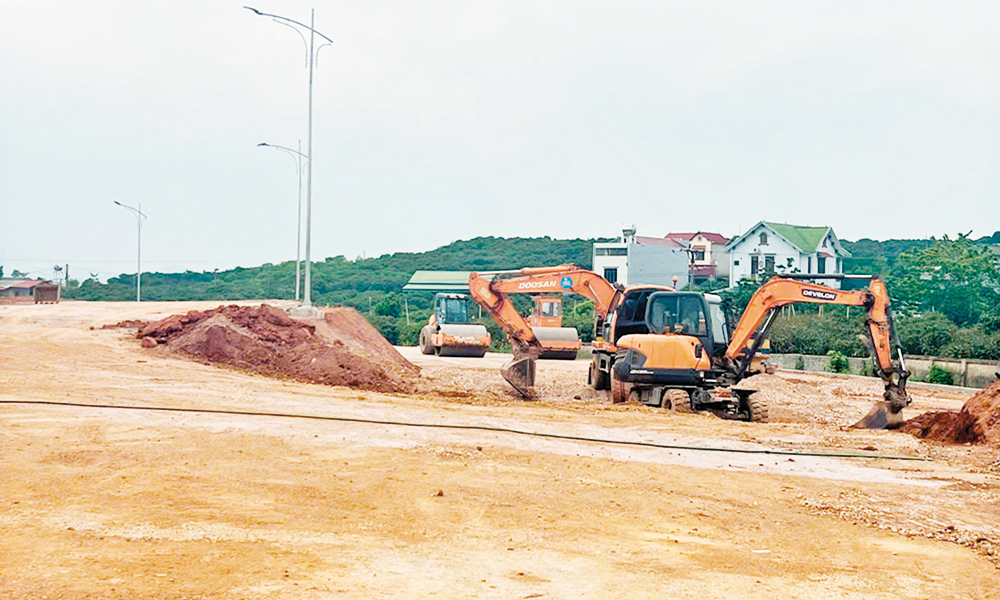

Reader's comments (0)